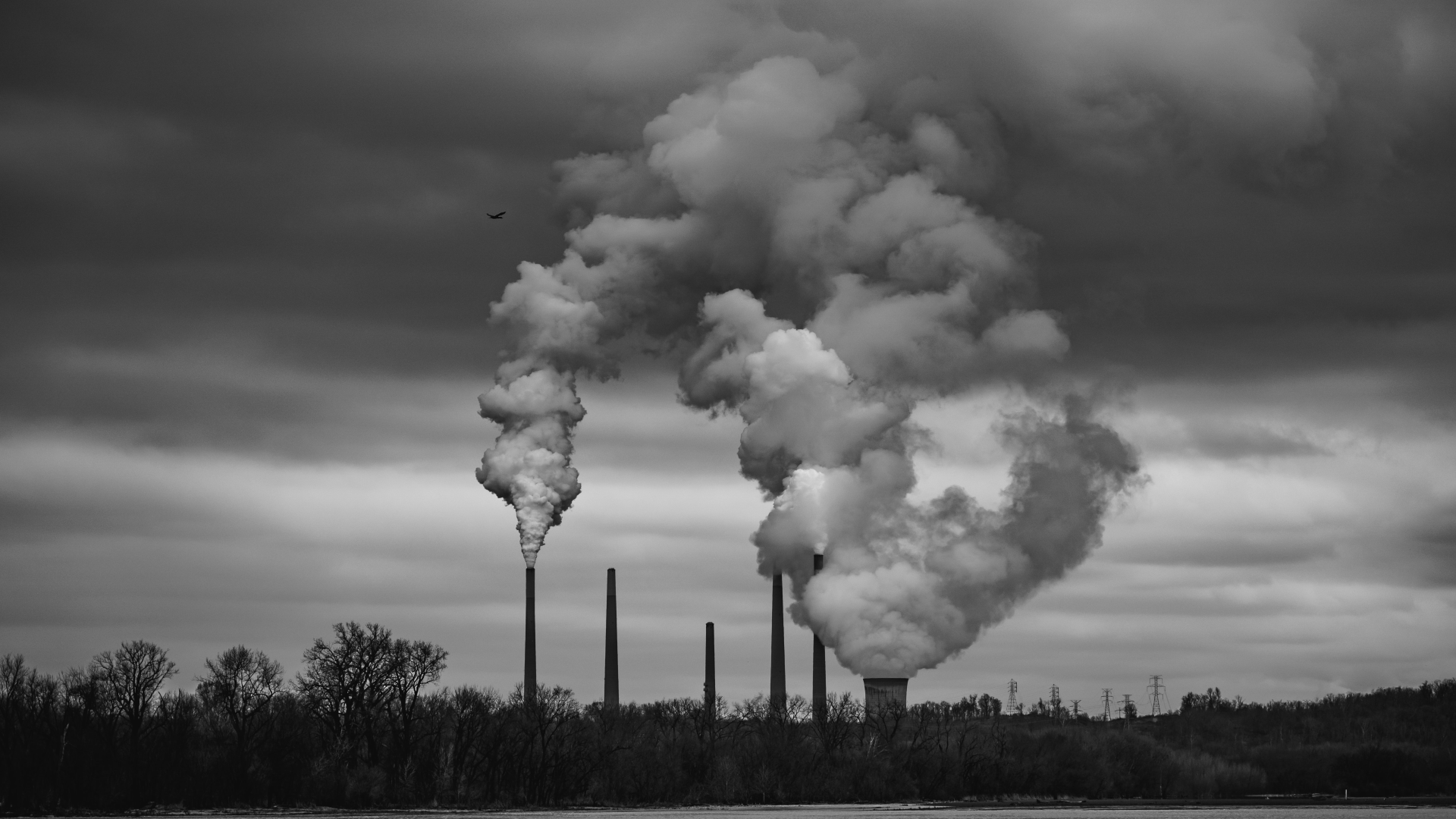Some of the world’s biggest energy companies have come together to develop a huge carbon capture facility in Teesside, north England. Is this finally a genuine shift in attitudes towards climate change?
BP and Shell, two names seldom associated with sustainability (to put it kindly), are part of a newly formed cohort of energy giants working on widescale carbon capture projects.
Climate advisers have stated that finding ways to pull existing emissions from our atmosphere is key to achieving net zero goals, but harbour no guilt for being sceptical about the motivations of those stepping up here.
Dubbed the East Coast Cluster, a newly formed group of the biggest names in oil including BP, Shell, Equinor, SSE, Drax, and National Grid has submitted an application to develop a massive green tech venture spanning from Humber to Teesside. Can you smell that?
The multibillion-pound idea is to create a storing ground for heavy industry and power stations to safely dispose of their carbon emissions. In theory, the bulk load of these pollutants will end up in sediment 2km below the North Sea, with the rest being utilised in decarbonising power, and the green production of hydrogen and steel.
Think of an underground network of pipes all stemming from one huge carbon supply feeding industries across the land. That’s where the phrase ‘cluster’ comes from. The diagram below will provide more context.






















